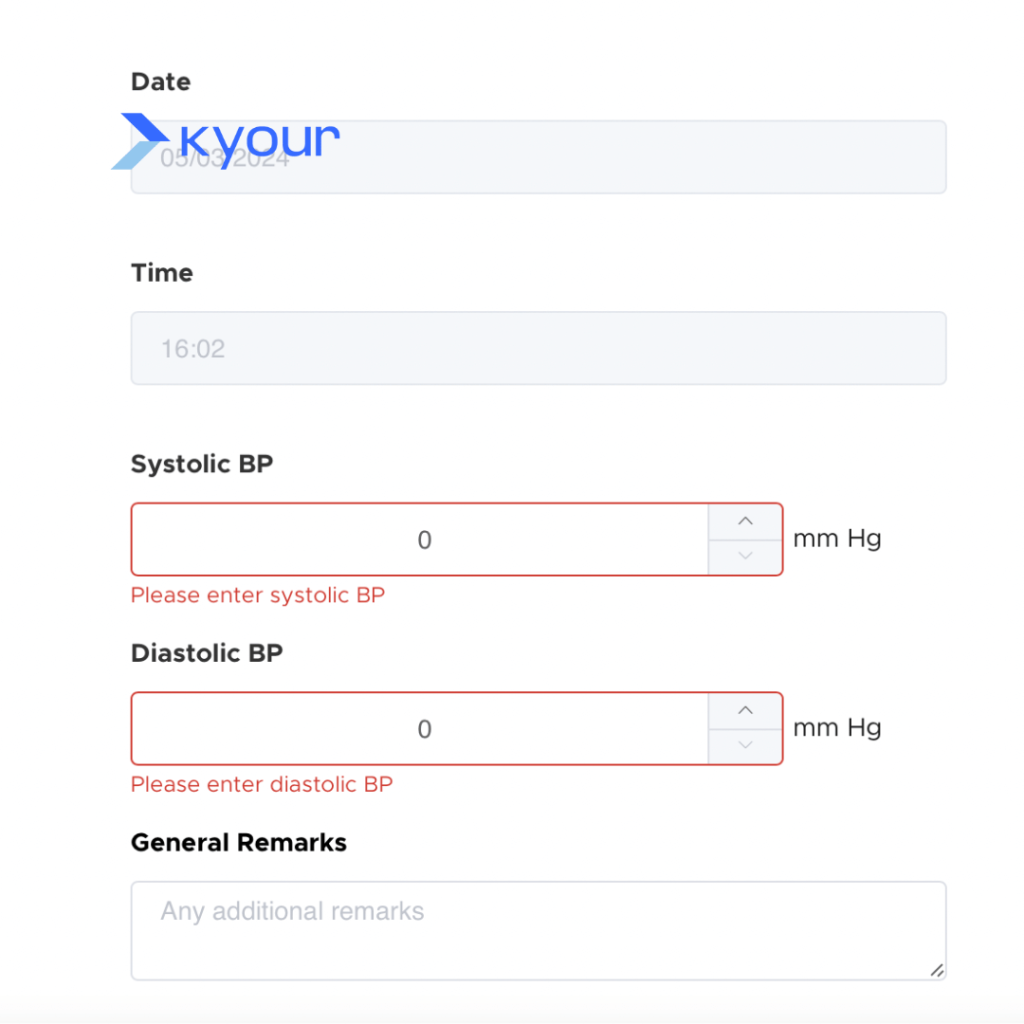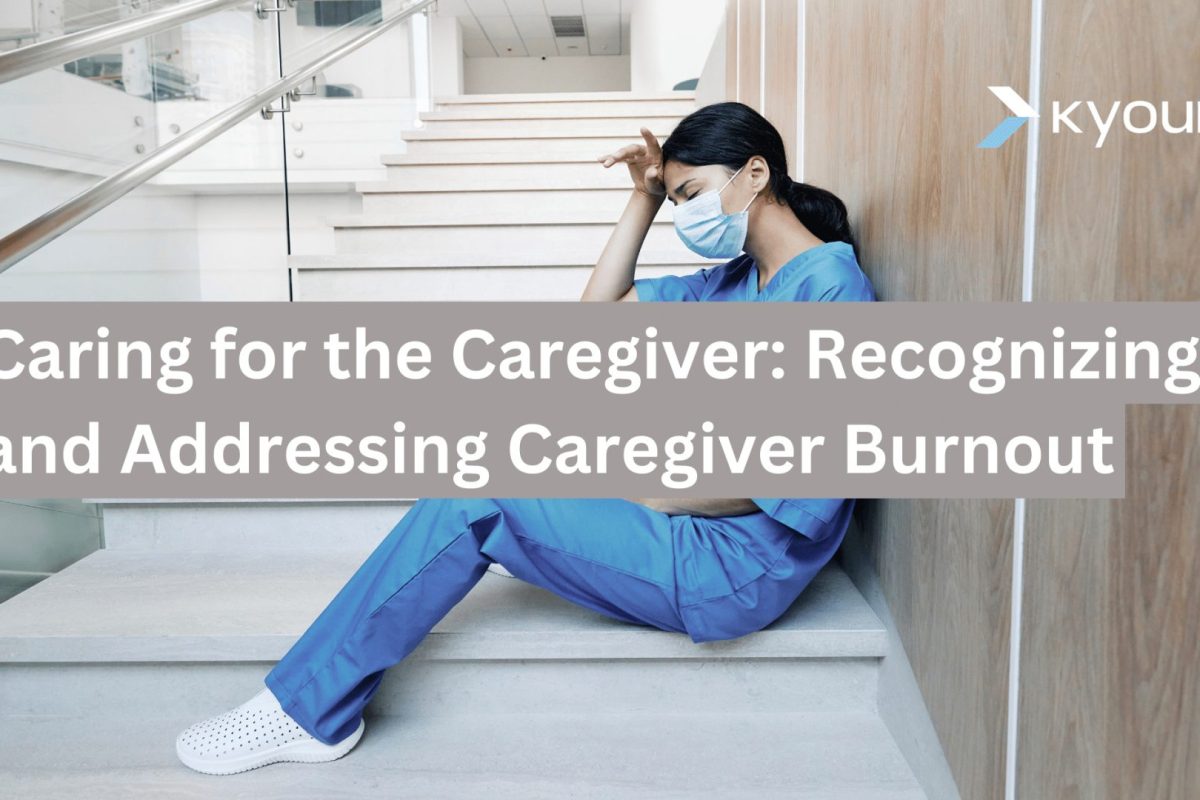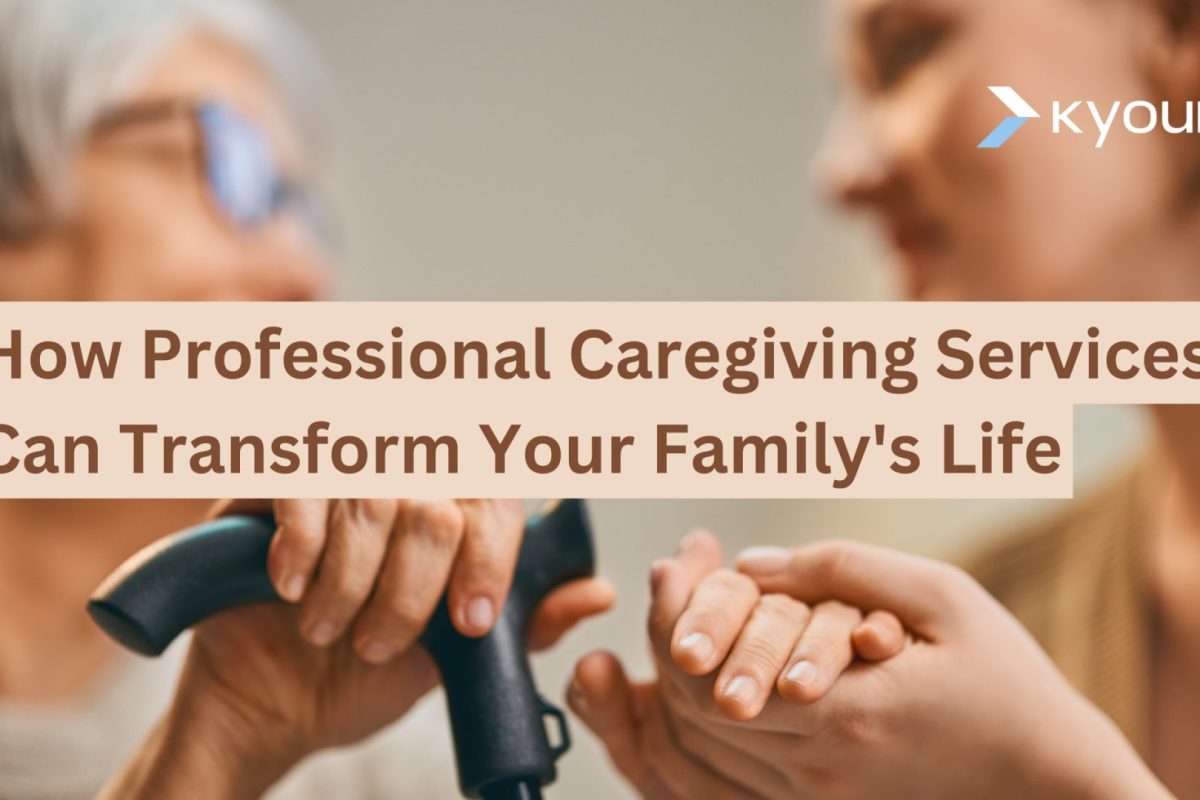In today’s world, technology plays a significant role in many aspects of our lives, including caregiving. Caregiving involves looking after someone who needs help with everyday tasks due to illness, disability, or aging.
With the help of innovative tools and apps, caregivers now have better ways to manage medications, track health metrics, and stay connected with care recipients.

One of the most important tasks for caregivers is managing medications. It can be challenging to keep track of multiple medications and their dosages, especially when caring for someone with complex medical needs. However, technology has made this task much easier.
There are now apps available that can help caregivers create medication schedules, set reminders for when doses need to be taken, and even provide information about potential drug interactions.

Tracking health metrics is another crucial aspect of caregiving. Care recipients may need to monitor their blood pressure, blood sugar levels, or other vital signs regularly. Technology has made it possible for caregivers to track these metrics more easily and accurately.
There are devices available that can automatically measure and record health data, making it easier for caregivers to keep track of changes over time and share this information with healthcare providers.

In addition to managing medications and tracking health metrics, technology also plays a vital role in helping caregivers stay connected with care recipients. Many caregivers are responsible for looking after loved ones who live far away or who may have limited mobility.
Technology allows caregivers to stay in touch with care recipients through video calls, text messages, and social media platforms. This helps to reduce feelings of isolation and allows caregivers to provide emotional support, even when they can’t be physically present.

Overall, technology has revolutionized the field of caregiving, providing caregivers with innovative tools and apps that can help them provide better care and enhance the quality of life for care recipients. By making it easier to manage medications, track health metrics, and stay connected with care recipients, technology is helping to improve the caregiving experience for millions of people around the world.













